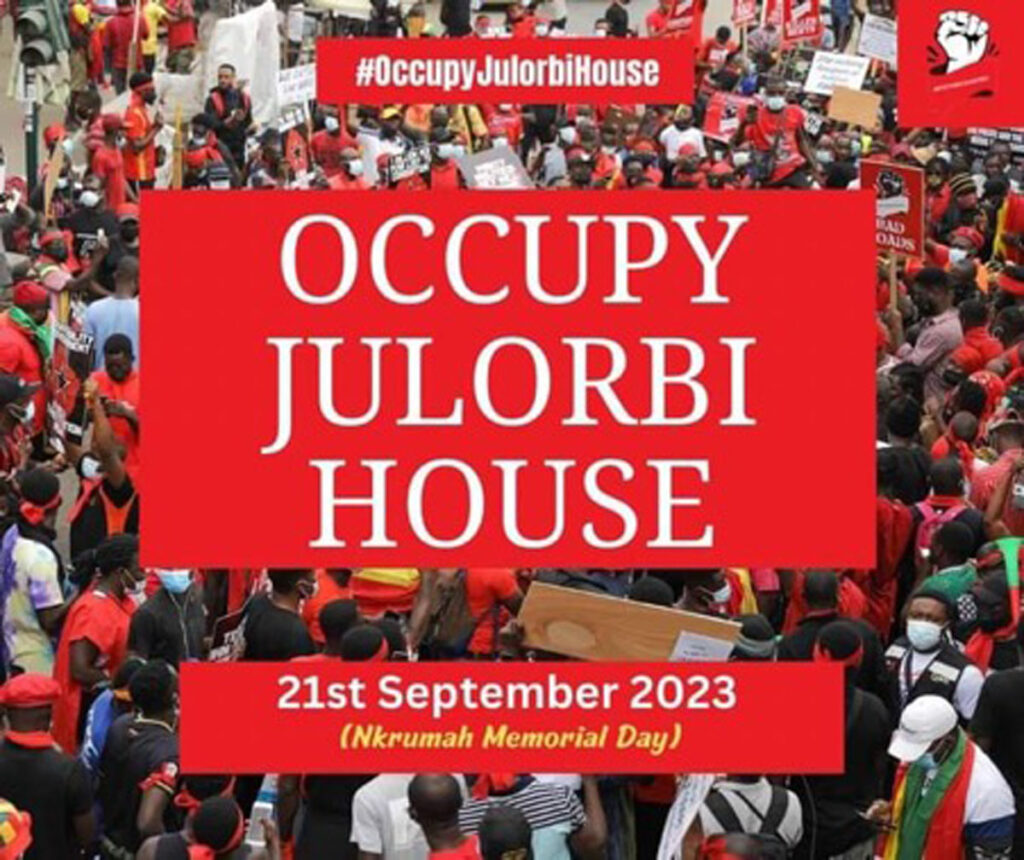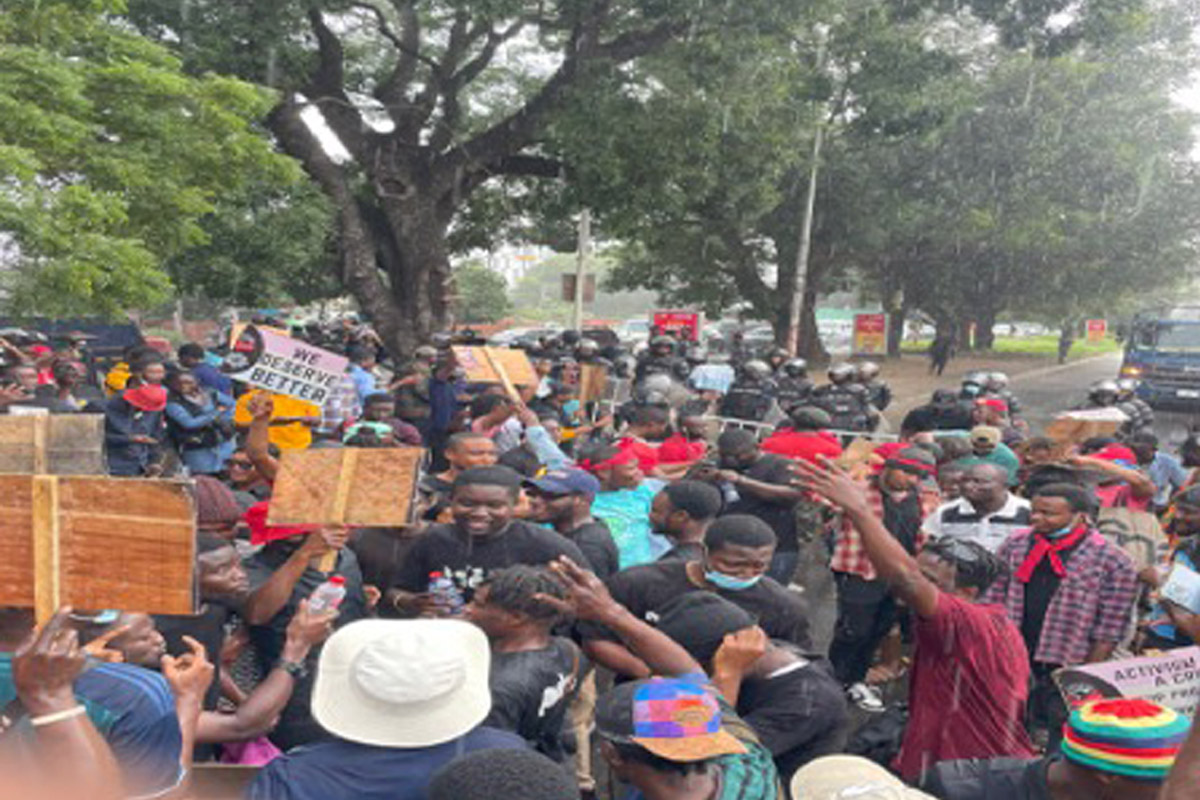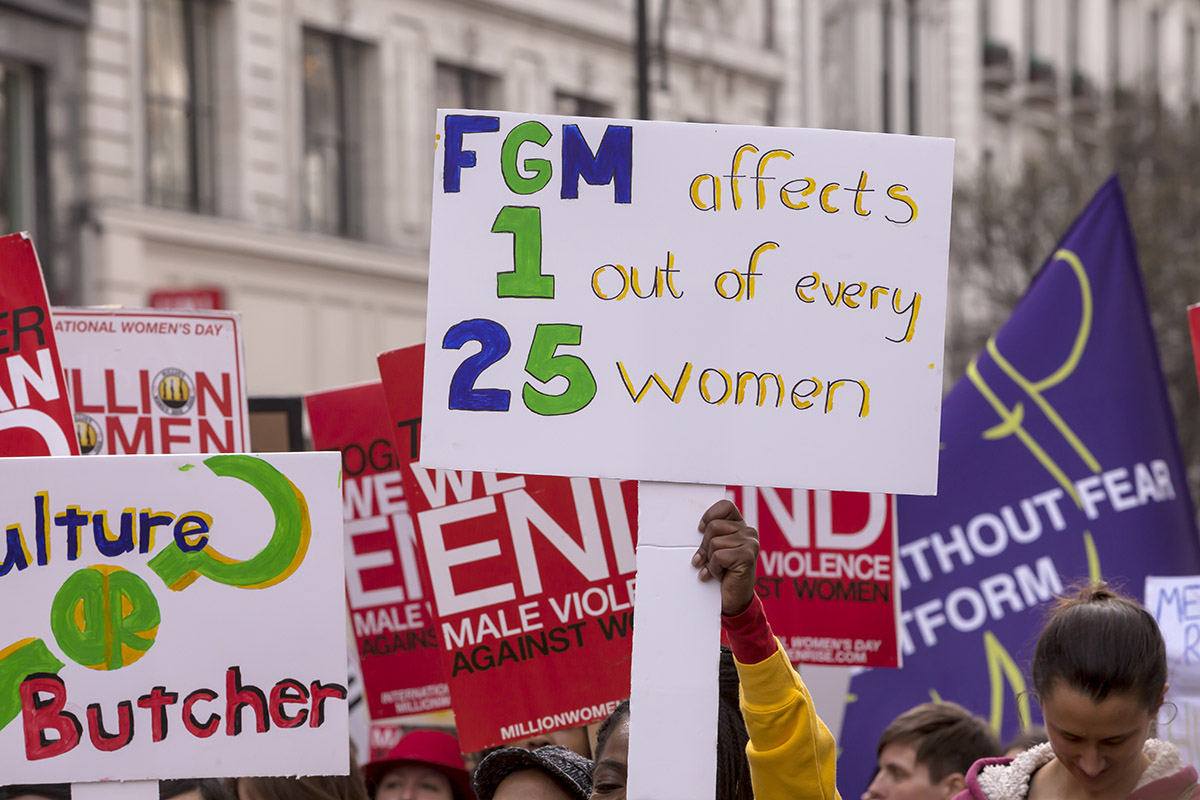Concerned Ghanaian Youth take to the streets in protest
October 15by Ewura Adwoa Larbi
The young people of Ghana went out in their numbers on the streets of the nation’s capital with the intention to march unto and set up camp at the official presidential premises; Jubilee House. The protest took place from September 21 to 23, 2023.
“Julorbi” was apparently coined as a pun of the name Jubilee. This protest, spearheaded by the #Fixthecountry convenors, began on a historically meaningful day called Kwame Nkrumah Memorial Day – a holiday named after Ghana’s first democratic president, to celebrate his birthday and milestones in the nation.

Organisers of the protest stated key demands of the government including : creation of jobs, reduction of inflation, reduction of the cost of living, improvement in public services, and accountability of mismanaged funds. The demonstration came at a time of mounting frustration among the largely youthful population of the country, with the economic hardships and the government’s supposed indifference.
The first day saw citizens including the media step out in a march to the Jubilee house. However, the police barricaded the roads and prevented the people from reaching their destination. With a supposed “order from above” civilians were stopped by all means necessary, including the unfortunate reports of police abuse and arrests.
Subsequently, an uproar about the unfair treatment of the protestors ensued on social media and celebrities who had remained silent, as well as citizens who hadn’t joined the march came out in numbers on the second and third days.
Young people were seen flashing placards even in the rain on the third day. Despite the legion of protestors, the police remained resilient and formed human barriers to prevent the protesters from their original goal of camping at the Jubilee house. The protest ended in thin peace, fortunately no more scuffles with the police and a press conference where the convenors announced a series of pickets in the upcoming “Detty December” period, if the government did not meet their demands.
Days later, #Occupyjulorbihouse remains a hot topic on social media, with Twitter trends and TV reports, as well as post-demonstration interviews. The government has allegedly responded, calling for peaceful dialogue, while the protesters have reportedly refused until their demands are met.
While some Ghanaians believe the protest is necessary to force government’s hand in effecting change, others are sceptical that it makes a difference, since the #Fixthecountry and other past protests had failed to achieve their goals. Worse, there are allegations of underlying political agenda but the evidence is lacking.
As most demonstrations go, this has the potential to pivot real change or cause further political unrest. One would wonder if it is better to be silent in the face of adversity or register one’s displeasure with the hopes of accelerating change. It is clear however that the Ghanaian youth are unrelenting in their demand for a better Ghana.






